Publications
New INVENT book is out: Engagement with Culture in Transformative Times
We are thrilled to announce the launch of our INVENT project book with Routledge— Engagement with Culture in Transformative Times—now free to read and download in open access: https://lnkd.in/dxrfU_ma 🔗 The collection of fifteen chapters presented in this book significantly adds to current scholarly and policy debates on Europeans’ engagement with culture in its multiple forms and the societal values
Does culture improve affective well-being in everyday life?
INVENT has published a new article in Poetics, co-authored by Marc Verboord, Larissa Fritsch, Neta Yodovich, Alysa Karels, Lucas Page de Pereira, and Eva Myrczik. This research note examines how cultural participation influences affective well-being in everyday life using a novel methodological approach—Experience Sampling Methodology (ESM). The potential of culture to enhance well-being has long been studied, with cultural activities
Geographical and aesthetic inclusiveness: A new cultural worldview?
INVENT members Jordi Lopez, Tally Katz-Gerro, Jörg Rössel, and Simon Walo have published a new article in the International Journal of Intercultural Relations. The European social landscape has evolved through Europeanization, globalization, and migration, resulting in more transnational exchanges, personal connections across countries, and increased cultural and ethnic diversity. The authors examined whether these changes have fostered a new inclusionary
New article on digital cultural participation in Europe
The Journal of International Communication has just published a new INVENT article co-authored by Susanne Janssen, Nete Nørgaard Kristensen, Marc Verboord Franziska Marquart, and Guiseppe Lamberti. Using representative 2021 survey data from nine European countries, the study analyzed Europeans’ digital cultural participation, identifying three key dimensions: cultural information and access, audiovisual entertainment, and content creation and sharing. Our analysis examined
Understandings of culture: A European bottom-up study using structural topic modeling
We are proud to present a new INVENT publication led by Ossi Sirkka and co-authored by Simon Walo, Semi Purhonen, Marc Verboord, Susanne Janssen, and Philippe Bonnett. This study opens up an empirical exploration into how ordinary people perceive the meaning of culture and what are its sociopolitical implications. Drawing on original survey data from over 11,000 respondents across nine
Who supports the new left? Evidence from Croatia
After decades of limited leftist activity in Croatia, new social movements have emerged, offering viable political alternatives. In this paper, Valentina Petrovic from the Swiss INVENT team, examines the electoral support for the New Left using data from the INVENT 2021 survey. The findings indicate that the New Left is more popular among younger, urban, and culturally liberal individuals, who
Perceptions of shared European culture increase the support for the European Union
Political theorists debate whether a European identity rooted in shared cultural values is a necessary foundation for deeper integration within the European Union (EU). A new article by the INVENT team explores this issue through a constructivist lens, examining how Europeans perceive their shared culture and its relationship to their support for the EU. Specifically, the authors investigate: (a) whether
Spanish translation of Towards a Social Turn in Cultural Policy
We are proud to present the Spanish translation of INVENT’s Policymaker’s Guidebook: Hacia un Cambio Social en la Política Cultura: Una Guía para los Responsables de Políticas Culturales. You can download the Spanish version of the Guidebook here. The Policymaker’s Guidebook serves as a practical resource for cultural policymakers and practitioners, offering guidance on advancing the societal values of culture
New publication: Cultural practices and socio-digital inequalities in Europe
INVENT members Predrag Cvetičanin (Serbia), Lucas Page Pereira (France), Mirko Petrić (Croatia), Inga Tomić-Koludrović (Croatia) , Frédéric Lebaron France), and Željka Zdravković (Croatia) have published a new article in Cultural Sociology. The article proposes a unified research framework to examine how social and digital inequalities impact various cultural practices, including offline and online art-related and everyday activities. Unlike traditional research, which studies these areas independently, the authors argue for
New INVENT article: Cultural practices and political values in Finland
Sara Sivonen and Riie Heikkilä from the Finnish INVENT team published a journal article, in which they explored the limits and boundaries between cultural practices and political values in contemporary Finland. The article was published by the European Journal of Cultural and Political Sociology. Cultural practices exhibit clear social stratification while also being intertwined with political values, with previous research

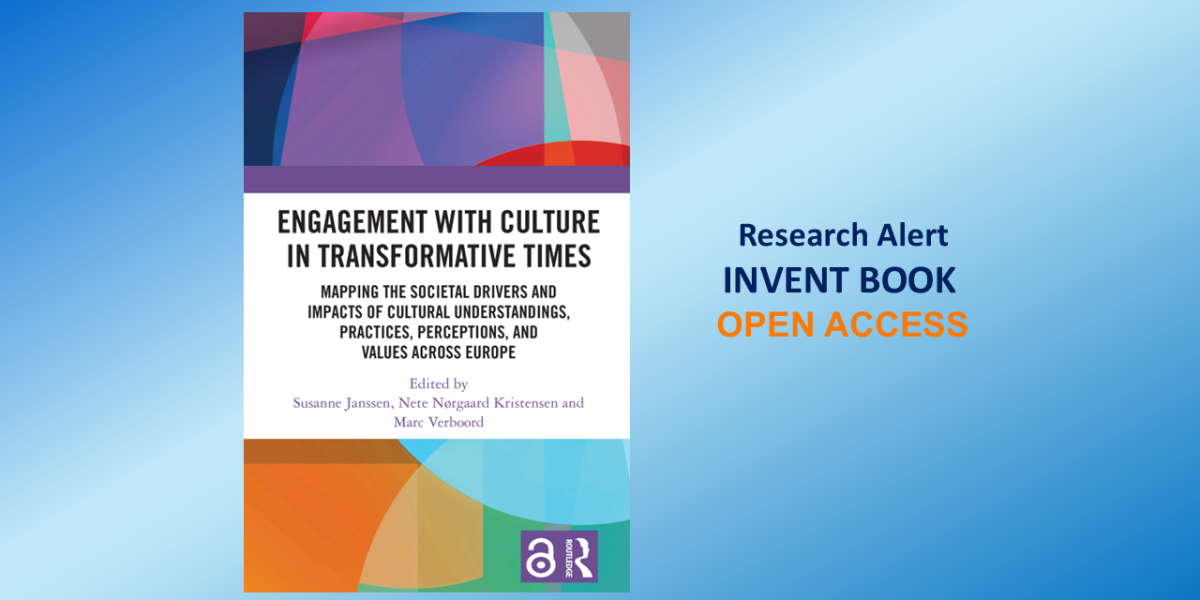
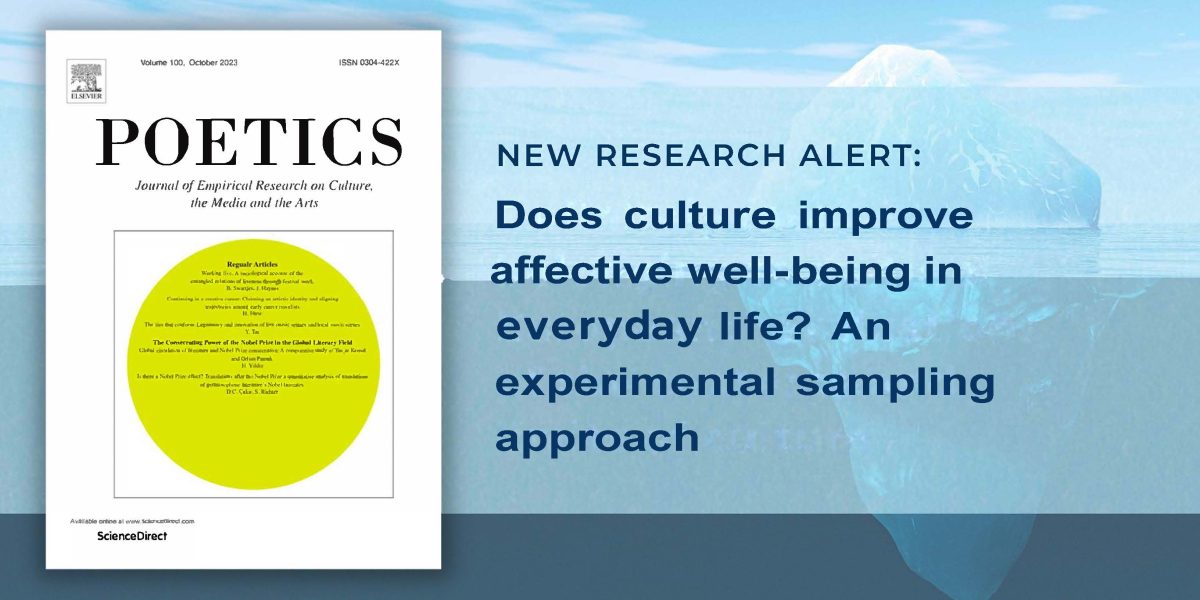
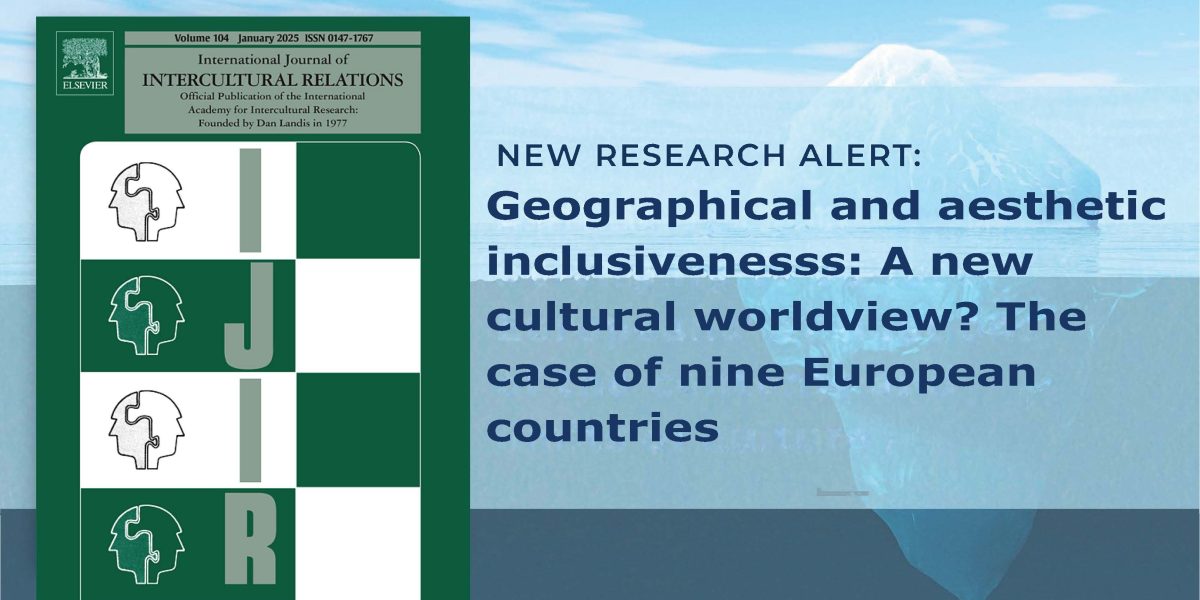
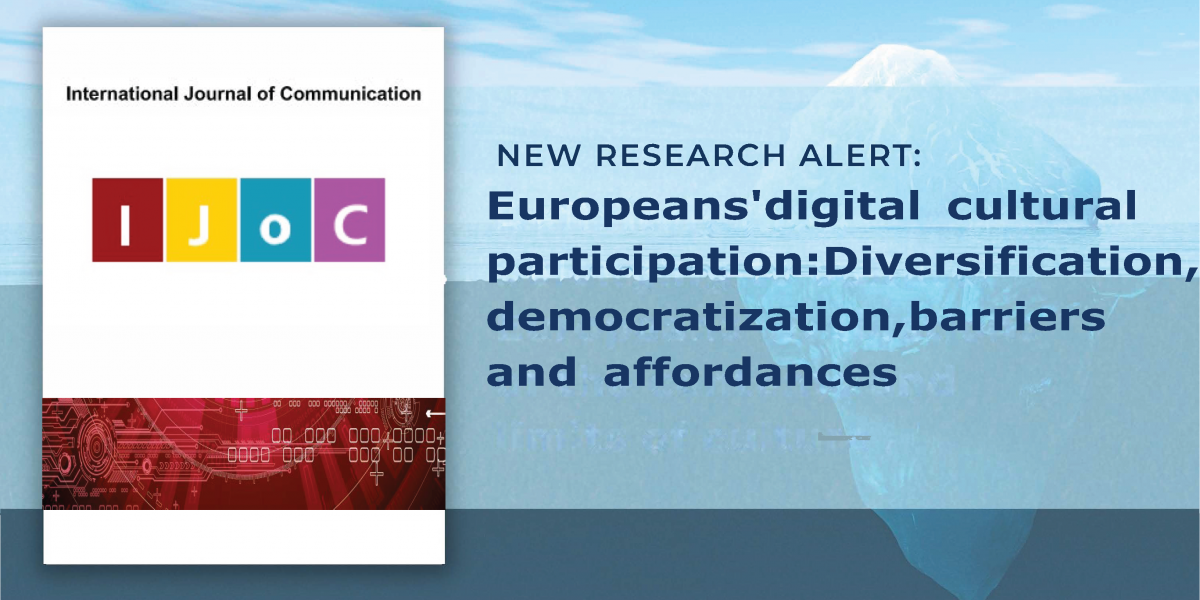
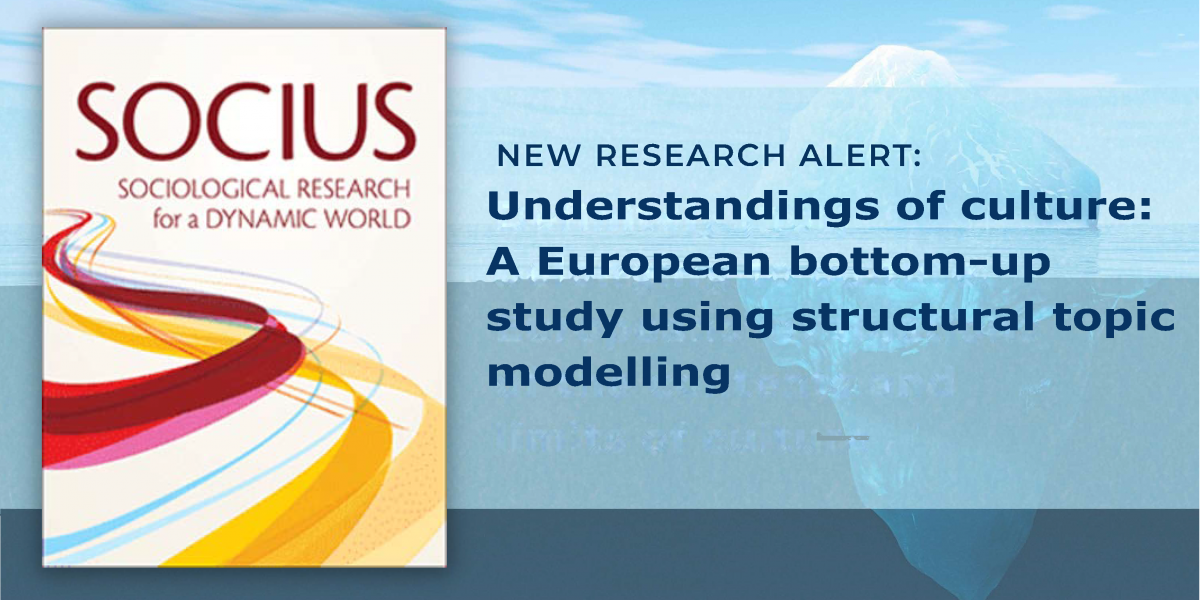
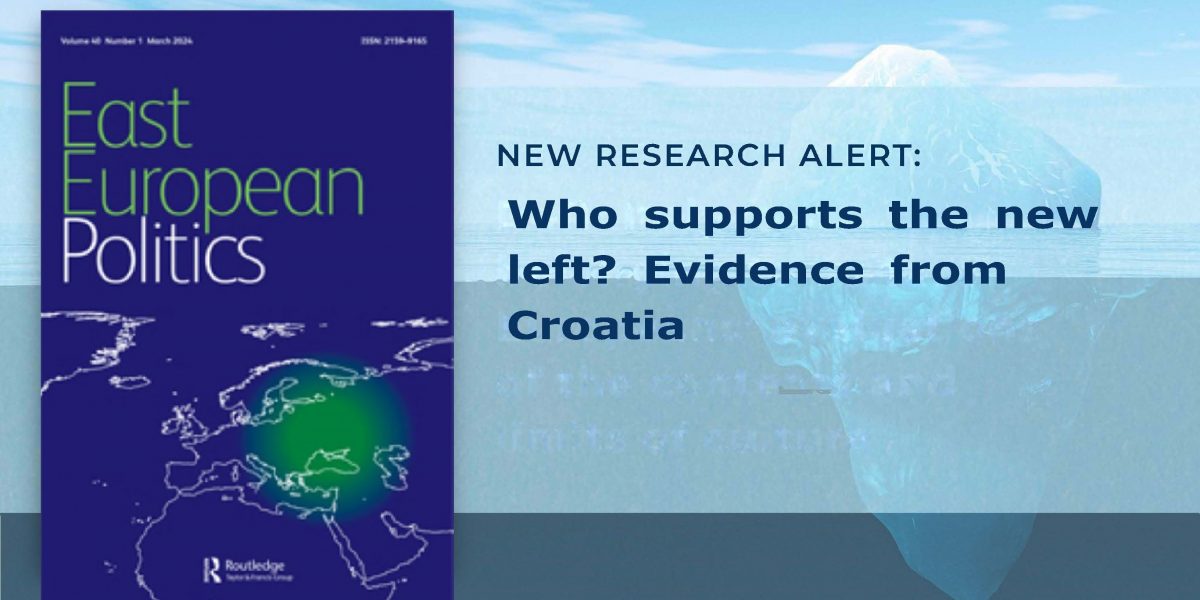
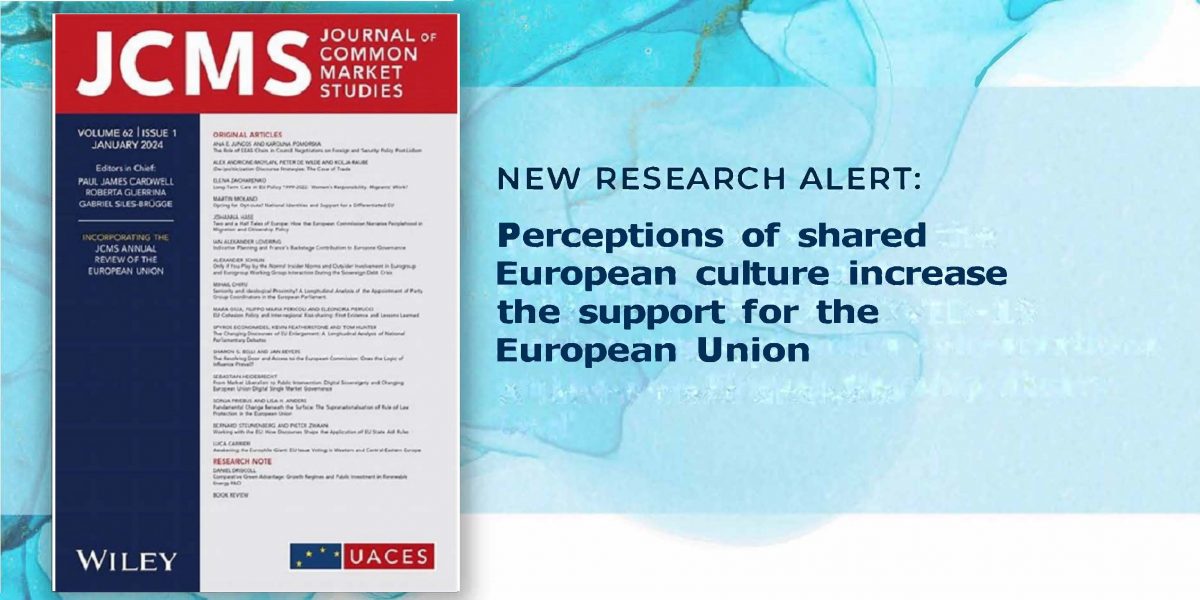
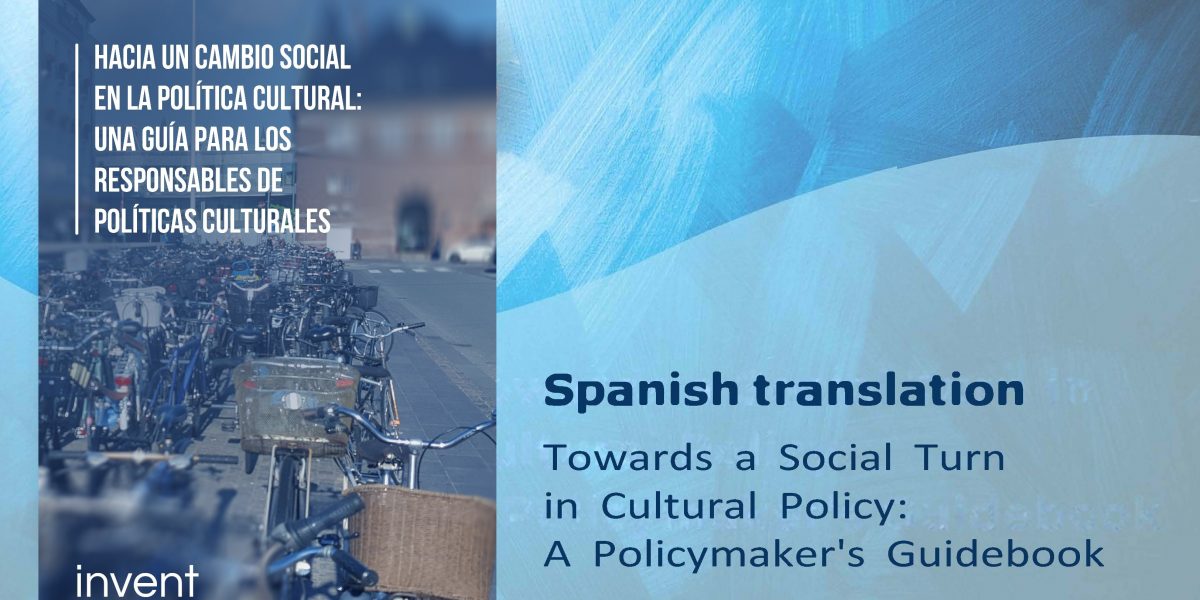
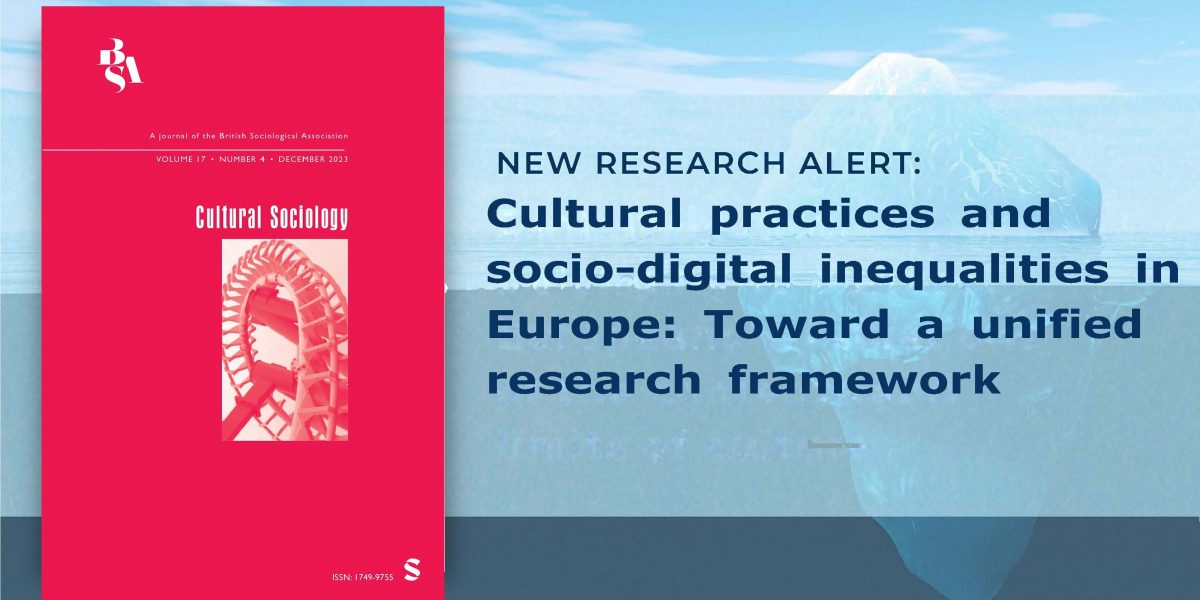
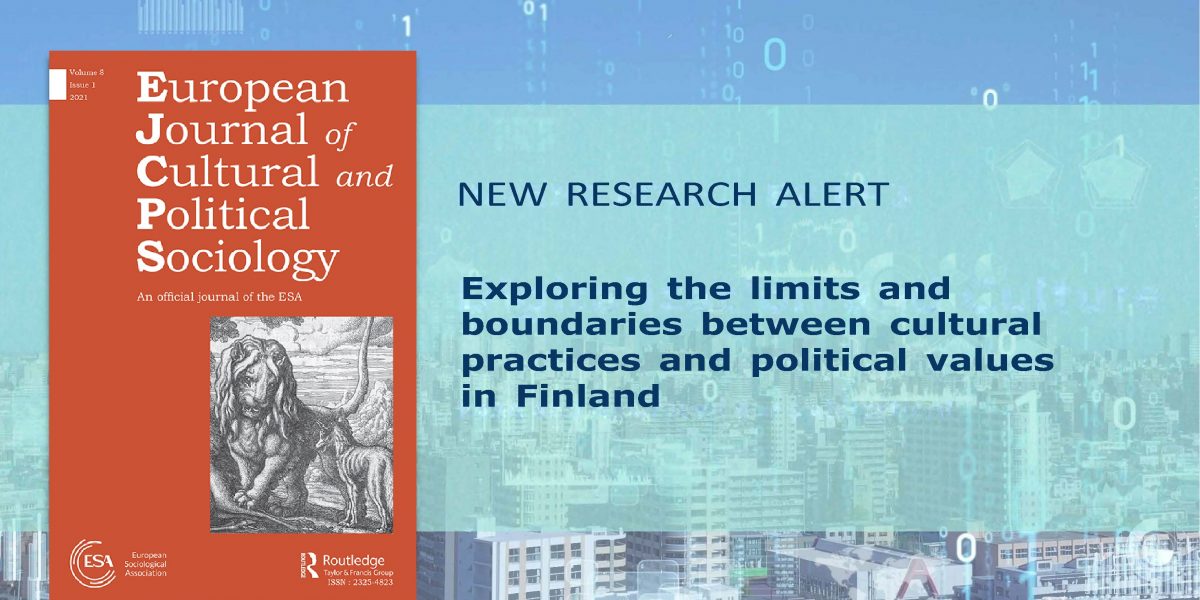

 This project has received funding from the European Union’s Horizon 2020 research and innovation programme under grant agreement No
This project has received funding from the European Union’s Horizon 2020 research and innovation programme under grant agreement No